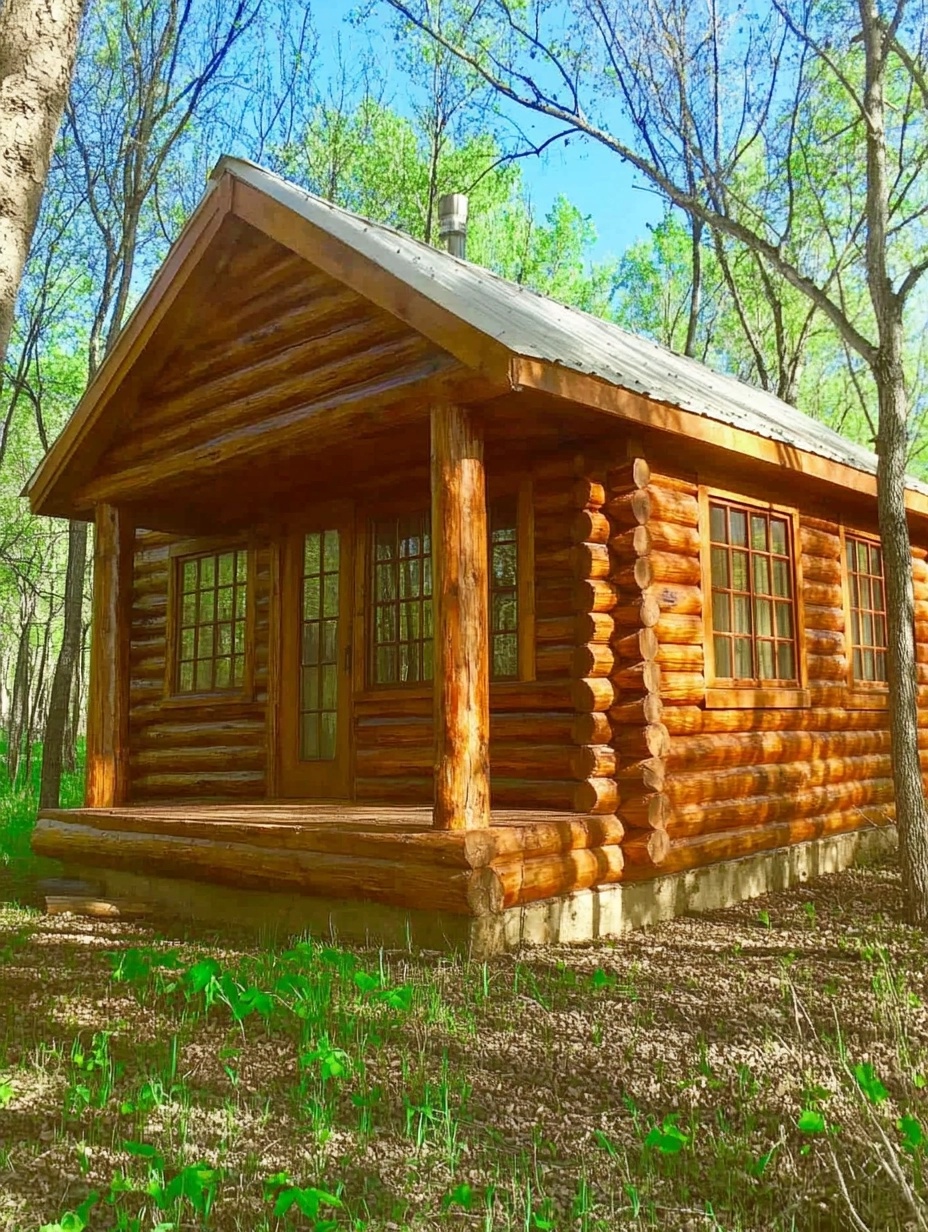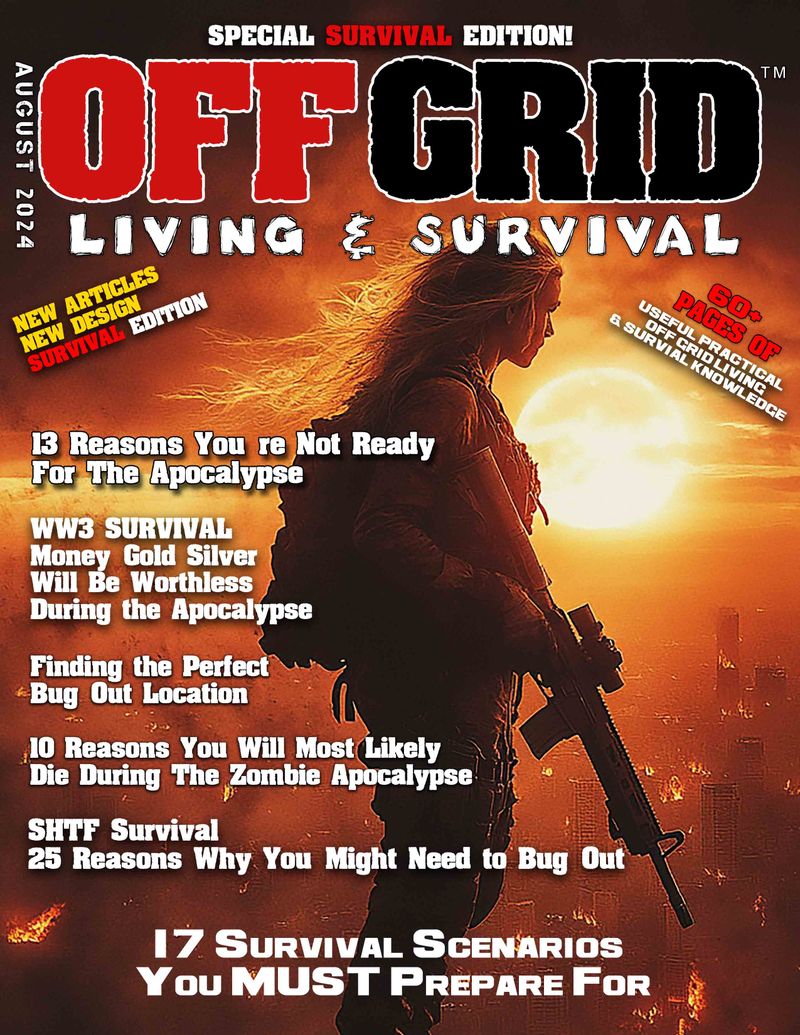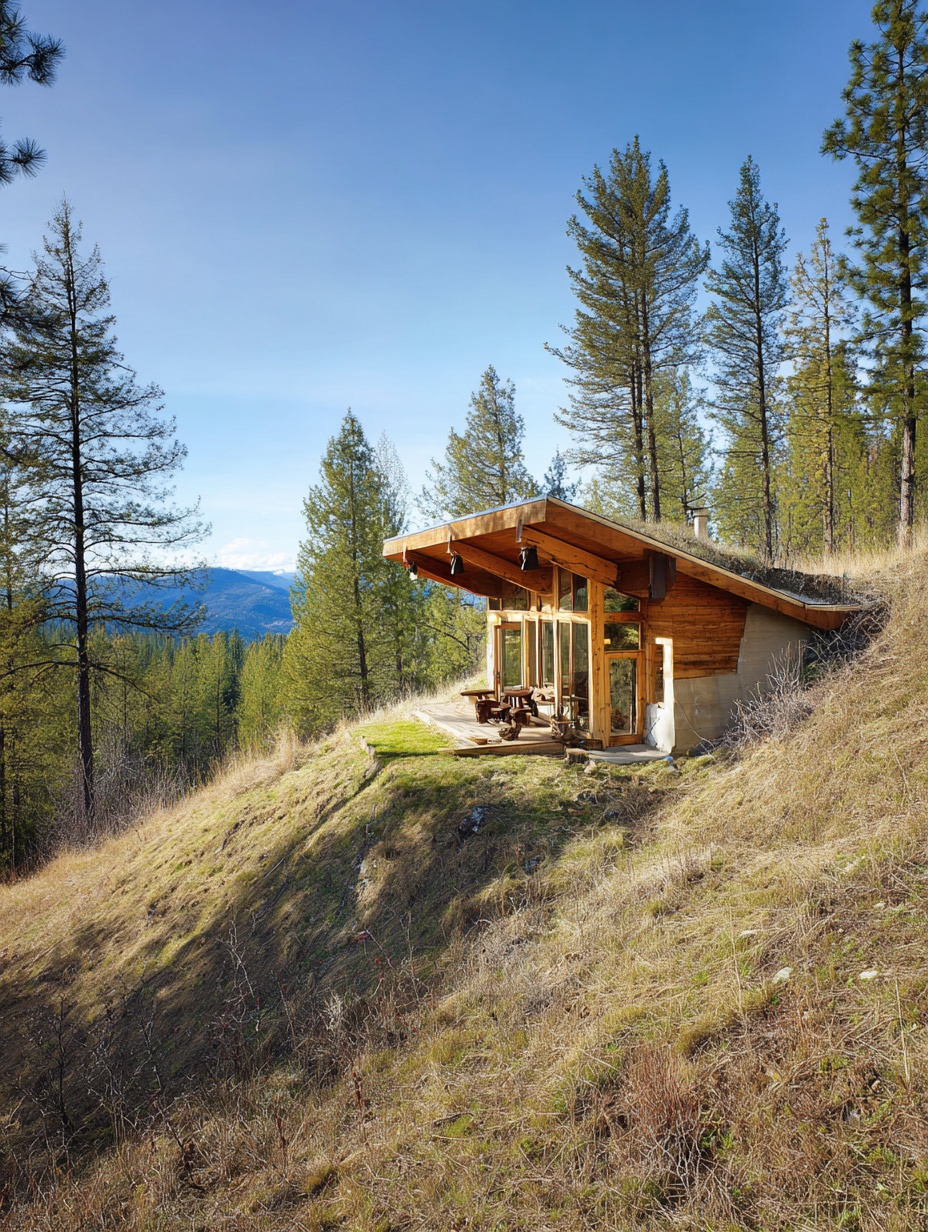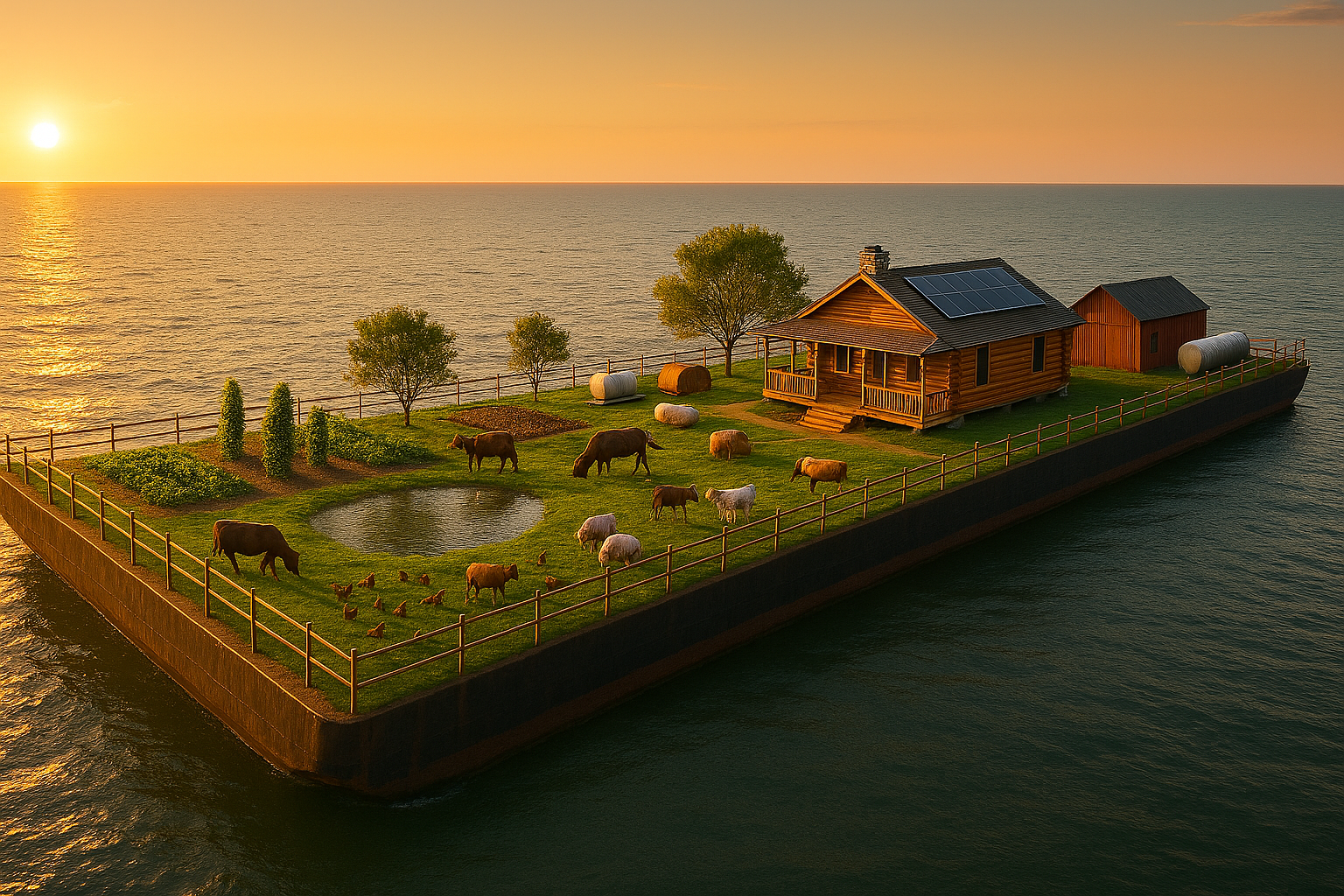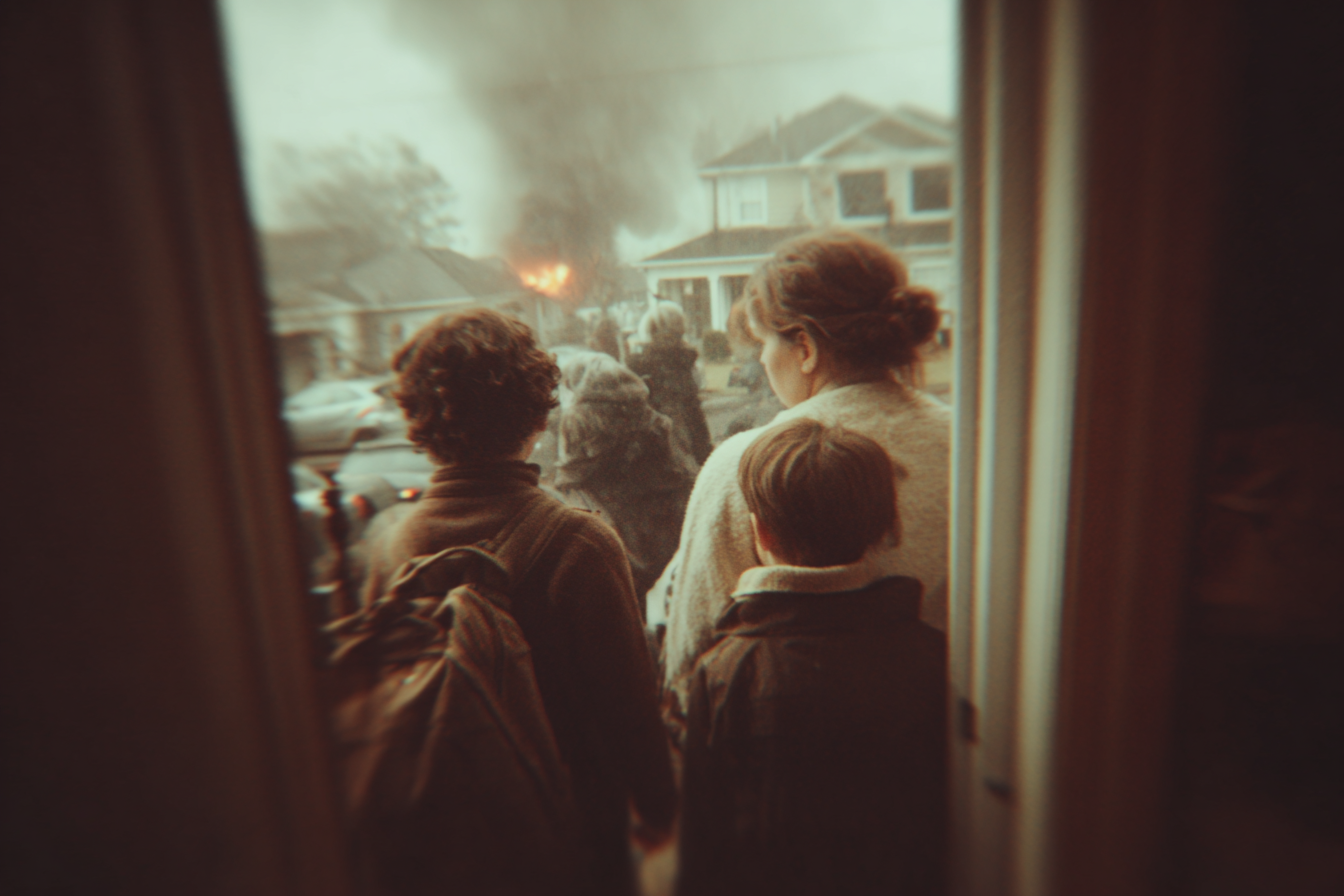WHAT NOT TO DO WHEN GOING OFF GRID
Going off grid is no joke. You must be properly prepared or you’re setting yourself up for failure. Here’s a list of things NOT to do if you’re serious about going off-grid.
1. Neglecting Site Research: (always do your due diligence; this means lots and lots of homework) Never buy land without fully understanding its resources, climate, water access, and zoning laws, local ordinances and d regulations, easements, access, water and soil quality, title insurance, surveys and environmental issues. Ignoring these can turn your off grid dream into a nightmare.
2. Underestimating Energy Needs: Don’t assume you’ll need less power just because you’re off-grid. Miscalculating can lead to insufficient energy, leaving you cold, hot, or in the dark. Always make sure you have enough power. Ideally, for a good rule of thumb, you want your solar and wind power system to be equal in capacity to what a traditional suburban home uses daily, weekly, monthly. Average daily usage in the USA is about 30kWh per day. A 48V battery backup with a 35-40kWh capacity is ideal, with a 5kw solar array and a 1000Watt wind turbine. Round it out with a 2500Watt propane generator and a 100 gallon tank and you’ll have plenty of energy when you need it.
3. Over-relying on One Power Source: Solar alone might not cut it, especially in areas with seasonal changes. Don’t ignore backups like wind, hydro, or generators. Also have backup parts and fuel.
4. Skipping Water Planning: Not having a reliable water source is a huge mistake. Rainwater collection, wells, or a nearby water body is essential.
5. Ignoring Waste Management: Off-grid living requires managing your own waste. Failing to plan for composting toilets, septic systems, or waste disposal can lead to serious hygiene issues.
6. Building Too Big: Going off-grid often means limited energy, heating, and cooling. Don’t build a large home with high energy demands unless you’re equipped to power it.
7. Neglecting Insulation: Don’t skip out on insulating your home and pipes. Off-grid means more exposure to temperature extremes, so good insulation can save energy and improve comfort.
8. Thinking DIY Always Means Cheaper: Don’t assume you can build everything yourself without specialized skills. Bad DIY jobs can lead to costly repairs or safety hazards.
9. Ignoring Legal and Financial Planning: Not securing permits, failing to research local building codes, and underestimating ongoing costs can lead to fines, shutdowns, or forced relocation.
10. Not Planning for Food Sources: Don’t rely on stores for all your food. If you’re serious about off-grid, plan for gardening, hunting, fishing, or food storage.
11. Failing to Budget for Upfront Costs: Off-grid setups can have high initial costs, especially for energy systems, water solutions, and land development. Don’t assume you can “rough it” without investing upfront.
12. Neglecting Maintenance and Backup Supplies: Don’t assume everything will run smoothly. Stock up on spare parts, tools, and supplies, especially for things like your water pump, solar inverter, or generator.
13. Forgetting About Communication: Off-grid doesn’t mean isolated. Not having a way to reach emergency services or communicate with family can be risky.
14. Failing to Account for Seasonal Variability: If you’re in a place with extreme seasons, don’t ignore the need for seasonal adjustments in power, food, and water management.
15. Skipping Community Connections: Isolation can be tough. Avoid assuming you’ll be completely self-sufficient; local communities can provide invaluable support and resources.
16. Disregarding Physical Fitness: Off-grid living can be physically demanding. Don’t underestimate the need to stay healthy and capable of physical work.
These things can make off-grid life much harder, more expensive, and unsustainable.

